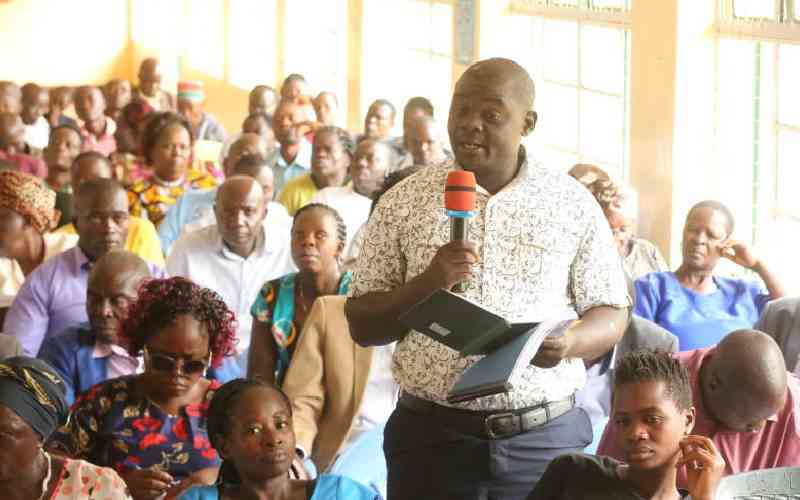
An independent judiciary underpins the separation of powers. Until recently, Kenya's executive arm held sway over the judiciary. In part, this was because the executive appointed the members of the Judicial Service Commission (JSC) which controlled the hiring, promotion, and transfer of judges. The executive also controlled the judiciary's budget.
As such, the courts were complicit in Kenya's undemocratic slide, often allowing detention without trial, repression of political opposition, electoral injustice, torture and other violations to continue unabated. Between independence and the 2010 Constitution, the government punished individual judges and magistrates who fail to fulfil its wishes as the courts ruled consistently in favour of the ruling party and its supporters in political interest and corruption cases.